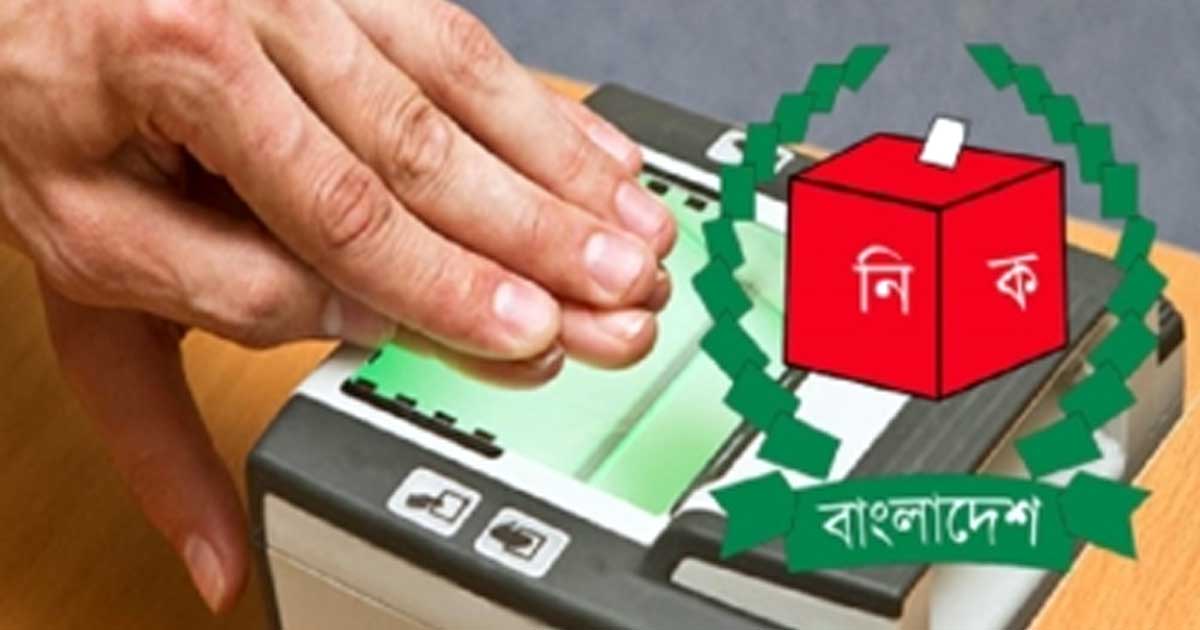Those who have four fingerprints on their National Identity (NID) Card will have to get fingerprinted again. The Election Commission (EC) has said that voting in the next election will not be possible without 10 fingerprints. The election commission also said that fingerprints will be taken again in January.
NID DG AKM Humayun Kabir told reporters in his office on Saturday (September 24).
He said that fingerprints will be updated to vote in the upcoming parliamentary elections. Those who have not given 10 fingerprints yet will have to update NID with fingerprints from next January.
The Election Commission has already prepared the election roadmap. The roadmap has announced plans to conduct electronic voting machines (EVMs) in almost half of the constituencies.
The EC officially announced the election roadmap on September 14 at the election building. In that event, preparations are being made to hold the next 12th National Parliament election at the end of December 2023 or the first week of January 2024. The election schedule will be announced in November 2023.
Arguing in favor of EVMs, the EC claimed that there is no room for fake votes, i.e. voting by one person, as there is a voting system with biometric verification. Since the same EVM is used for different types of elections at different places, rigging of the program is not possible. A single voter cannot cast multiple votes simultaneously due to the use of one-time chips and embedded parts. Due to the built in clock, voting cannot be done even before the start of election time, similarly when the presiding officer presses the stop button, there is no opportunity to vote afterwards.
This device is very effective during vote counting. Results are available at the push of a button. In case of voting by ballot, it is possible to occupy the center and stuff ballots in the boxes as desired before and after the voting, but there is no scope for such injustice in EVM.
At that time the benefits of EVMs are claimed, voters are able to vote in EVMs successfully. Voters have problems with fingerprints but they do not have any problem with voting. The EC claims that EVM voting is fair and accurate and there is no scope for fraud.
According to the EC roadmap, out of 29 political parties participating in the dialogue on the use of EVMs in elections, 17 political parties have given their opinion in favor of EVMs. 12 parties voted against.
SR






